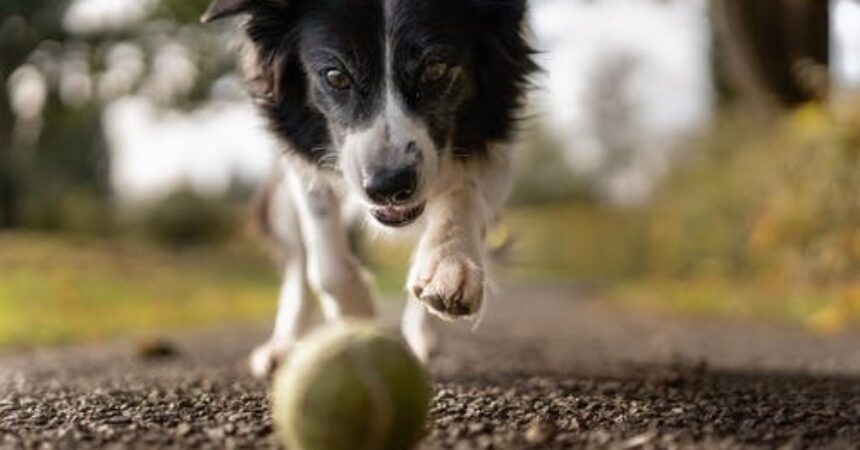Reptiles, birds, and small mammals make excellent companions and entertainment pets. Each species presents its own set of difficulties. To avoid illness, you should properly care for your avian pets. Avian husbandry necessitates a high standard of hygiene.
What is the most practical way to keep the cage clean and tidy?
Many pets perform most of their daily activities, such as drinking, eating, defecating, and playing, in a relatively small space. Birds frequently defecate in their food, water bowls, perches, and other objects within their cages due to their restricted environment.
If you do not clean the floor of your bird’s cage regularly, food, feces, and other items can accumulate, spreading fungi and germs like mold. Make sure your beloved pets have clean and tidy homes to show off to their feathered friends. You can click here to learn more about avian and exotic pet care.
1. Use hot water and detergent.
Clean all parts of your bird’s enclosure with hot water and detergent, then thoroughly rinse with clean water. Vets recommend using disinfectants like Avisafe and F10 to treat common fungal and bacterial infections to ensure disease control.
Bleach (1:32 diluting bleach and water) is an effective treatment for resistant bacterial or viral infections. If you use an item to clean your bird’s cage, carefully read the label and consult your veterinarian for avian health if you have any questions.
2. Inspect the feeding bowl and water dishes daily.
Clean and empty the water and bowl dishes daily. Dry it after thoroughly washing it with water. Water and food containers should be kept in separate sets and used interchangeably. Stainless steel plates are cleaner than plastic dishes or bottles, which are difficult to clean.
Round dishes are preferable to rectangular or square containers because bacteria can grow in water dishes and food corners. To keep food from falling onto the cage’s floor, make sure you only feed your pet what it eats during the day. Food that your bird did not consume can go bad and serve as a breeding ground for microorganisms harmful to your bird’s health.
If your bird becomes ill and requires an internal diagnosis, you can conduct a quick search for an “internal medicine vet near me” to locate the nearest hospital in your area.
3. Ensure that the bird perches are clean.
Maintain the cleanliness of your bird’s perches. To remove feces and organic matter from nests, use warm water, detergent, or disinfectant, as well as a scrubbing brush or scourer. It would be unwise to live in a place with feces on the floor. There is no reason why our cherished pets can not be the same.
Natural perches are preferred over dowels, plastic, or rope perches because they are simple to replace each week. Fresh branches can also provide your pet bird with opportunities to enjoy a healthy environment regularly.
4. Make sure the cage floors are clean.
It is critical to clean the floor surfaces of cages every day thoroughly, as this is where feces, dropped food items, water, and other unpleasant objects accumulate. Newspaper is the most cost-effective and efficient flooring material. They use soy-based ink to be non-toxic and safe for your bird to chew.
You should remove the tray’s bottom at least once a week. The entire cage, including the contents, must be cleaned thoroughly. Owners should inspect perches, plates, toys, and other cage items for wear or rust during this time. You must replace all rusted or damaged toys, nests, and frayed ropes as soon as possible.
If you have any questions about caring for avian and exotic pets, you can contact a specialist through websites such as www.pinegroveanimalclinic.com.
Conclusion
Cleanliness in the air, food safety, ambient cleanliness, and “personal” bird hygiene are the three types of hygiene practices for birds (grooming). To keep our birds healthy, we must use proper hygiene practices regularly.










